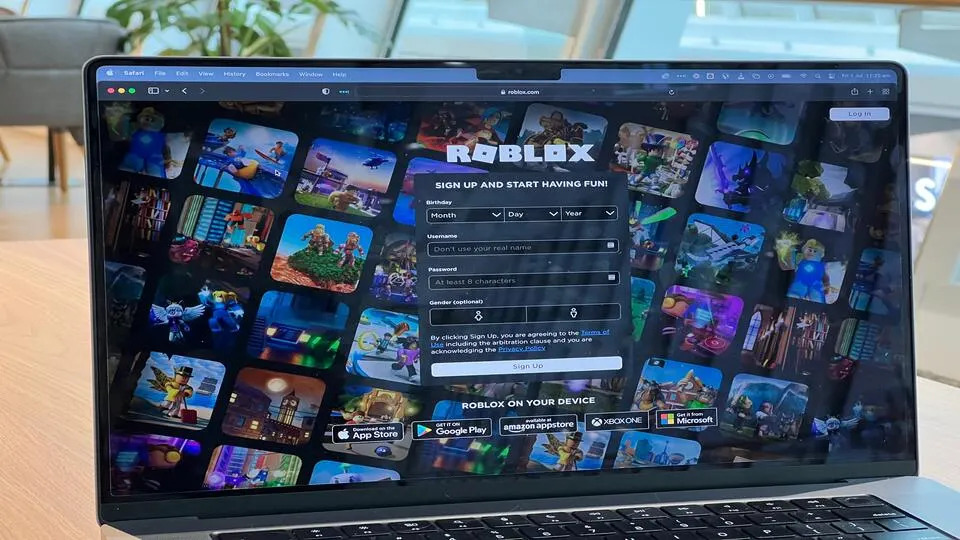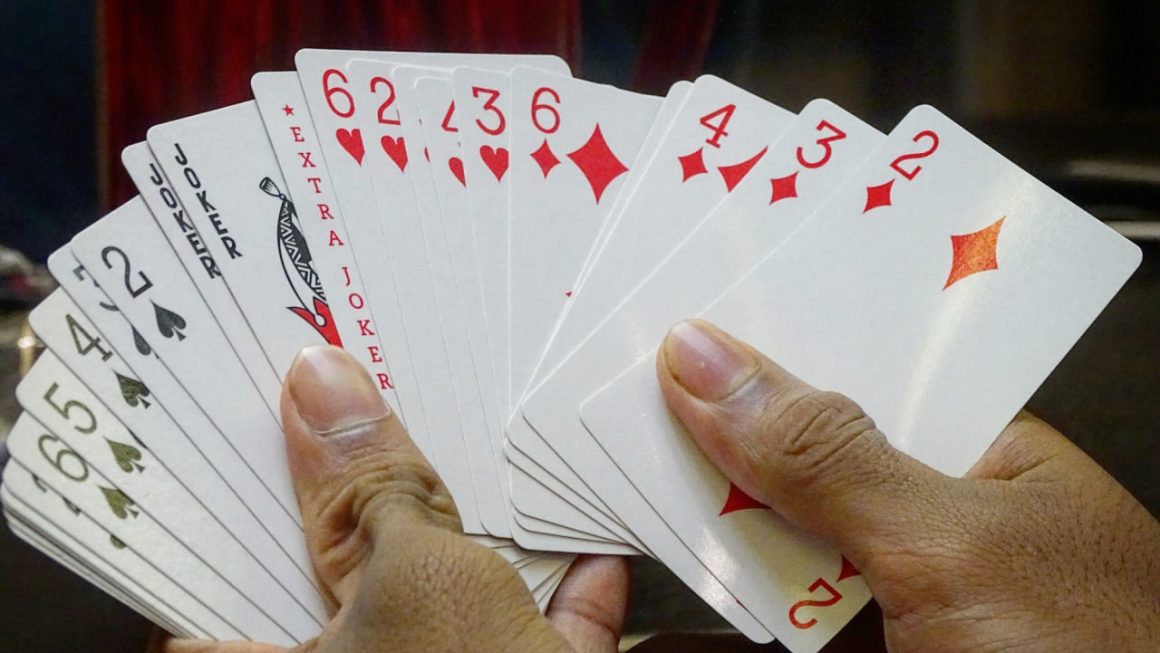Gaming is a fun activity, and it is worth spending time on. It is also an activity that is gaining popularity worldwide, mainly played by the younger generations.
With the increased popularity of gaming, there is a significant rise in the number of cyber crimes committed in this area. According to the FTC Center, there were more than 20% of US victims of identity theft in 2020 alone.
Most gaming platforms are online, like Steam and PlayStation. And due to the amount of personal data stored on these online gaming platforms, they are vulnerable to cyberattacks. Thus, the more time you spend on the gaming platforms, the greater the risk of gaming identity theft.
The hacker tries to get money from you by playing games with fraudulent winnings. This type of fraud isn’t as prevalent as credit card scams or online scams like romance chat rooms. It typically involves getting tricked into sending money.
It should be taken seriously if you want to protect yourself from becoming another victim of this unfortunate trend. This blog will show you how to protect yourself from gaming identity theft.
Prevention and Protection from Gaming Identity Theft
- Use Multiple-Factor Authentication
Multi-factor authentication (MFA) is a security feature that requires more than one piece of information to access your account. It can be a password, but it can also be as simple as entering the correct answers to security questions when setting up your account.
For example, if you want to log into your bank’s website or mobile banking app and bank online, you’d use MFA. The reason is that the site or app requires two pieces of information: username and password.
But if someone tries logging in with just their username and password, they would not be able to get into your account. There are no other ways to gain access unless they know what those two factors are,
If someone gains access through one method. For instance, guessing all possible usernames. Then another person will recognize that pattern before doing anything else. This second person could contact authorities to help stop potential fraud attempts.
Everyone must use multiple-factor authentication whenever possible. It makes it more difficult for hackers since most people don’t have time or resources available at once.
- Age Verification
Many people out there would love to steal your gaming identity. They could use it to commit fraud, including using your account to rack up huge bills or even selling your account information to other gamers.
That’s why using an age verification service is vital when signing up for a new gaming account. It will help protect you from identity theft and ensure that only people of appropriate age can access your account.
There are a few different age verification services, so do your research and choose the right one. But with a little effort, you can help keep your gaming identity safe and secure.
Source FreePik
- Avoid Using Usernames Similar to Your Email Address
When signing up for a new online gaming account, don’t use your email address as your username. This may seem convenient to keep track of all your accounts, but it’s also a significant security risk.
Hackers can easily access all your gaming accounts if your email address is compromised. They can then use your personal information to commit identity theft or sell your account to other gamers.
Choose a unique username for each gaming account you create to protect yourself and avoid using easily guessed words or personal information like your birthdate.
- Keep your Money Off the Line
Do not use your credit card if you’re planning to purchase a game. Instead, use a prepaid card or gift card. This is because the physical theft of credit cards can be prevented via security measures like chip and pin technology.
Second, don’t use your bank account when purchasing online games. It could also lead to identity theft if someone steals your information from their website and uses it with another account without permission. It is considered risky due to its lack of encryption protection between users and accounts.
- Avoid Giveaways and Surveys
One of the most significant ways to protect yourself from gaming identity theft is to avoid giveaways and surveys. Don’t click if someone sends you an email with a link to sign up for something. This is one of the most common ways that hackers get into accounts.
Don’t click on their links if someone posts something on social media or forums. These sites often have many users to promote their websites and services. So, if they want your personal information, they’ll find it elsewhere more quickly.
Likewise, if someone writes something like “I’m selling my PS4,” don’t click on gaming sites. There are chances that some scumbag has already bought it from them and is trying to get access again by sending out fake emails claiming.
Source FreePik
- Password Manager
With the popularity of online gaming, identity theft is becoming more and more of a concern. Hackers can access your personal information and use it to commit fraud or other crimes. A password manager can help protect you from gaming identity theft by creating and storing strong, unique passwords for all your online accounts.
A password manager can also help you keep track of your passwords, so you don’t have to remember them all. It is vital for online gaming accounts, which often have complex passwords that are difficult to remember.
Using a password manager is the best way to protect yourself from gaming identity theft. Be sure to choose a reputable password manager and use it to create strong, unique passwords for all your online accounts.
Final Thoughts
You can do a few things to prevent gaming identity theft and protect yourself from it. First, use a solid and unique password for your gaming account. Make sure you don’t use the same password as you do for other accounts and that it isn’t a password that can be easily guessed.
Second, enable two-factor authentication (2FA) on your account. The passwords are stored separately when you log in and you must enter a code from your smartphone or another device as well as a password.
Third, be careful about what personal information you share online, especially in games and gaming forums. Don’t divulge any personal information that could be used to steal your identity, such as your complete name, address, or other details. Finally, keep an eye on your account activity and report any suspicious activity to the game company or platform.



